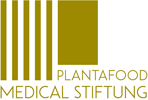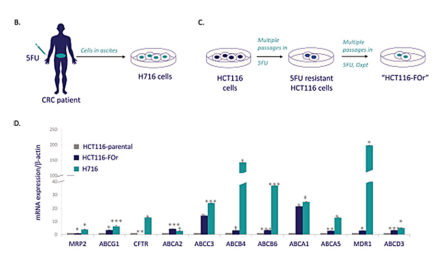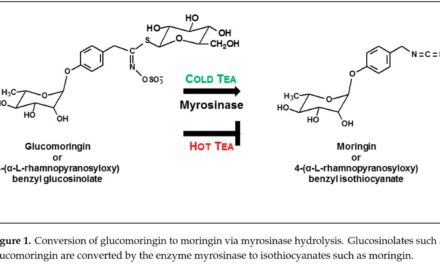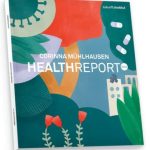Kaempferol induces autophagic cell death via IRE1-JNK-CHOP pathway and inhibition of G9a in gastric cancer cells
Tae Woo Kim1, Seon Young Lee1, Mia Kim2, Chunhoo Cheon1 and Seong-Gyu Ko1
Abstract
Kaempferol, a flavonoid, found in traditional medicine, fruits, and vegetables, and an HDAC inhibitor, is a powerful anti cancer reagent against various cancer cell lines. However, detailed mechanisms involved in the treatment of gastric cancer (GC) using kaempferol are not fully understood. In our study, we investigated the biological activity and molecular mechanism involved in kaempferol-mediated treatment of GC. Kaempferol promoted autophagy and cell death, and increased LC3-I to LC3-II conversion and the downregulation of p62 in GC. Furthermore, our results showed that kaempferol induces autophagic cell death via the activation of the IRE1-JNK-CHOP signaling, indicating ER stress response. Indeed, the inhibition of ER stress suppressed kaempferol-induced autophagy and conferred prolonged cell survival, indicating autophagic cell death. We further showed that kaempferol mediates epigenetic change via the inhibition of G9a (HDAC/G9a axis) and also activates autophagic cell death. Taken together, our findings indicate that kaempferol activates the IRE1-JNK-CHOP signaling from cytosol to nucleus, and G9a inhibition activates autophagic cell death in GC cells (…)








